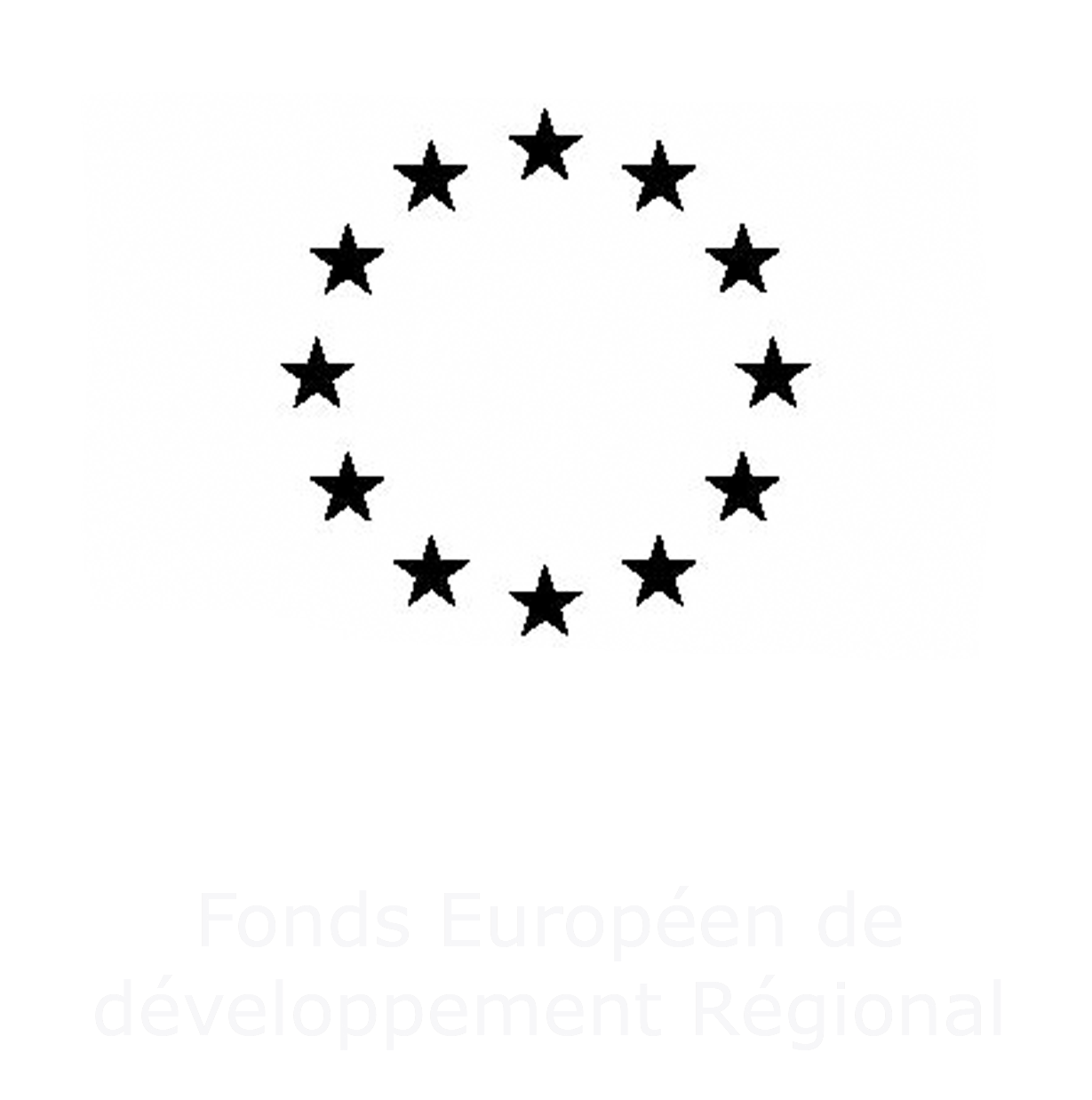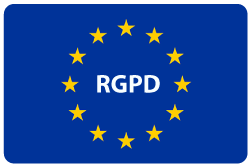Master’s 2 – Neuroepidemiology and tropical parasitology
Training
Initial course and ongoing training throughout life
Level
five years of post-secondary education
Method
Classroom-based
Duration
2 semesters.
Course venue
Limoges, and for the teaching unit abroad: Catania, Antwerp or Lisbon.
Contact details
Supervisor M2
Benoit MARIN
(0033) 555 43 59 61
benoit.marin@unilim.fr
Supervisor M1
chantal.vignoles@unilim.fr
Objectives
The main aim of the Master’s is to enable students to pursue doctoral studies in the fields of neuroepidemiology and tropical parasitology (and their interactions). This course provides them with the tools then allowing them to prepare a University Doctorate, preferably as a joint thesis.
Skills: at the end of the course, students will know how to analyse and develop research activities in the field of neuroepidemiology and tropical parasitology. Students will have acquired some autonomy in organising their research focus, while maintaining the ability to integrate into a team and share goals.
Knowledge: during this specialisation, students can acquire theoretical and practical knowledge through the core curriculum in the 3rd semester, the 3 teaching units devoted to neuroepidemiology and neuroparasitology, the teaching unit Scientific English, and the teaching unit practical work. Knowledge will be enhanced in the subject chosen during the 6-month research placement (semester 4) by way of a training through research.
In terms of public health, the field is immense…
Neurological diseases are a significant burden on patients and societies. These diseases may be related to non-infectious or infectious pathophysiological processes. In particular, many parasites give neurological conditions.
The frequencies of such diseases, neurological, parasitological, parasitological with neurological consequences, are high but still poorly evaluated. The European consortium supporting the Master’s (Limoges, France; Catania, Italy; Antwerp, Belgium; Lisbon, Portugal; Basel, Switzerland) brings together researchers conducting diverse and complementary works (1) on parasitosis with neurological consequences such as cysticercosis, toxoplasmosis, malaria, trypanosomiasis, distomatosis, (2) on the distribution and research of non-infectious factors favouring the occurrence of chronic neurological disorders such as epilepsy, neurodegenerative diseases, cerebrovascular diseases.
Close cooperation and expertise in teaching in and through research supporting the emergence of new knowledge which (1) will aid sustainable development in foreign countries, particularly through public health decisions based on valid scientific evidence (2) may find applications in medicine and biomedicine (3) will enable transfers of technology (diagnostic aid, therapeutic innovation).
Number of ECTS credits: 120
Campus France
Candidates whose country of residence belongs to CAMPUS France must file their applications with the CAMPUS France site located in their country before 1 April: www.campusfrance.org (Reference: 16014-4549)
The University of Limoges belongs to the agency Campus France and the facility CEF (Centre pour les Études en France). International students who live abroad (outside the EU, excluding BGE/BGF [holders of scholarships awarded by the French government and foreign countries, respectively]), wishing to pursue their studies in Limoges, must file their applications with the agency Campus France. A Centre pour les Études en France exists in the following countries: Algeria, Argentina, Benin, Brazil, Burkina Faso, Cameroon, Chile, China, Colombia, Comores, Gabon, Guinea, India, Indonesia, Ivory Coast, Japan, Lebanon, Madagascar, Mali, Mauritius, Mexico, Morocco, Peru, Republic of Congo, Russia, Senegal, South Korea, Syria (suspended), Taiwan, Tunisia, United States, Vietnam. The procedure is dematerialised: for more information, please click on the link below.
Organisation of the curriculum
Common core
- background in the area, research methodology
- Neuroepidemiology applied to the tropical environment, disease approach, transversal approach.
- Epidemiological, clinical, pathophysiological and diagnostic aspects of neuro parasites.
Teaching unit organised abroad, according to choice and openness (teaching in English) :
- neuro parasites – zoonoses (Antwerp, Belgum)
- epidemiology of non-transmissible neurological diseases (Catania, Italy)
- therapeutic pest control (Lisbon, Portugal)
- Scientific English
- Practical Work (parasitology, statistics, bibliographic research)
Work placement
A 6-month work placement in a research laboratory is mandatory in semester 4.
Choosing an international host laboratory is strongly encouraged. Any research facility of international expertise may be a host laboratory subject to the agreement of the educational committee. UMR Inserm 1094 de NeuroEpidémiologie Tropicale, which supports the Master’s, the European partners of the Master’s and the Réseau d’Etude et de Recherche en Neurologie Tropicale [Tropical Neurology Study and Research Network] are the facilities that host students on work placements. It would be appreciated if the proposal for a research topic and host laboratory could be included in the application file.
——————————————————————————————————————————-
Further studies
The objective of the Master’s is mainly to train students in preparing a university thesis, preferably jointly supervised.
Professional integration
Careers : researcher, lecturer and researcher, epidemiologist, health programme manager.
The sectors covered are those offered by the field of tropical health: public health, epidemiology, tropical medicine, tropical environment, medical biology. The Master’s is backed by the Institute of Epidemiology and Tropical Neurology, founded in Limoges in 1982, and Inserm UMR 1094 NeuroEpidémiologie Tropicale.


